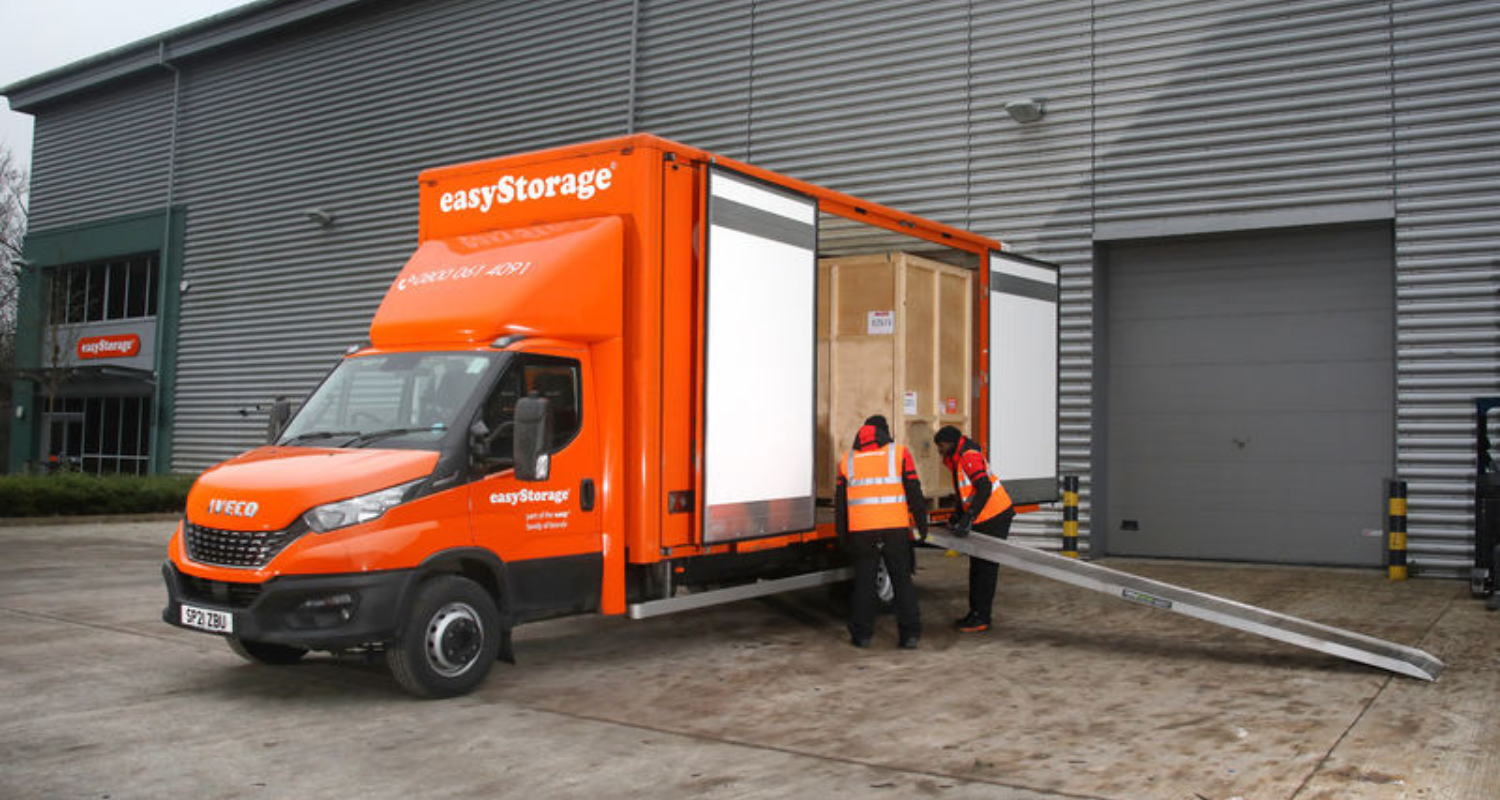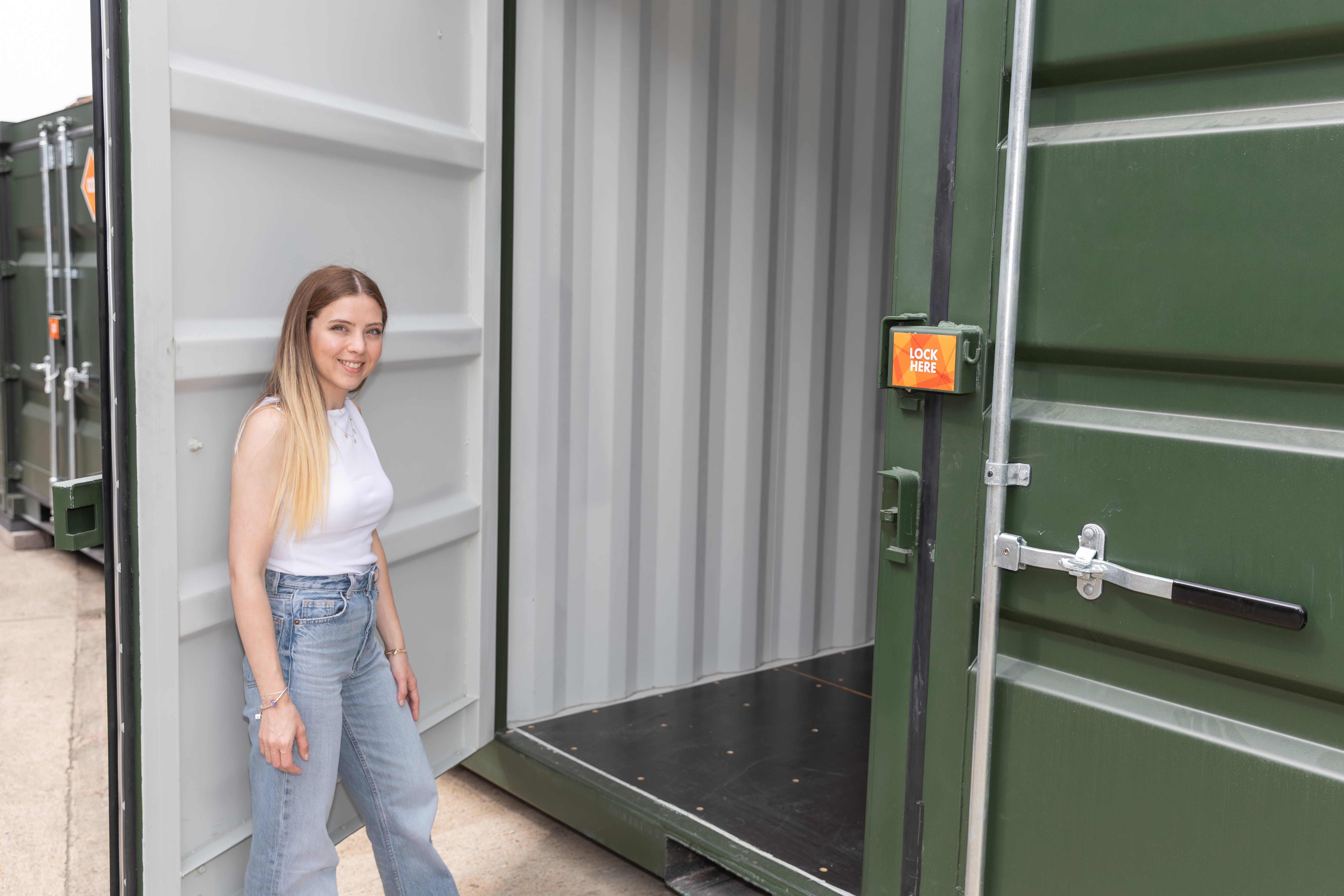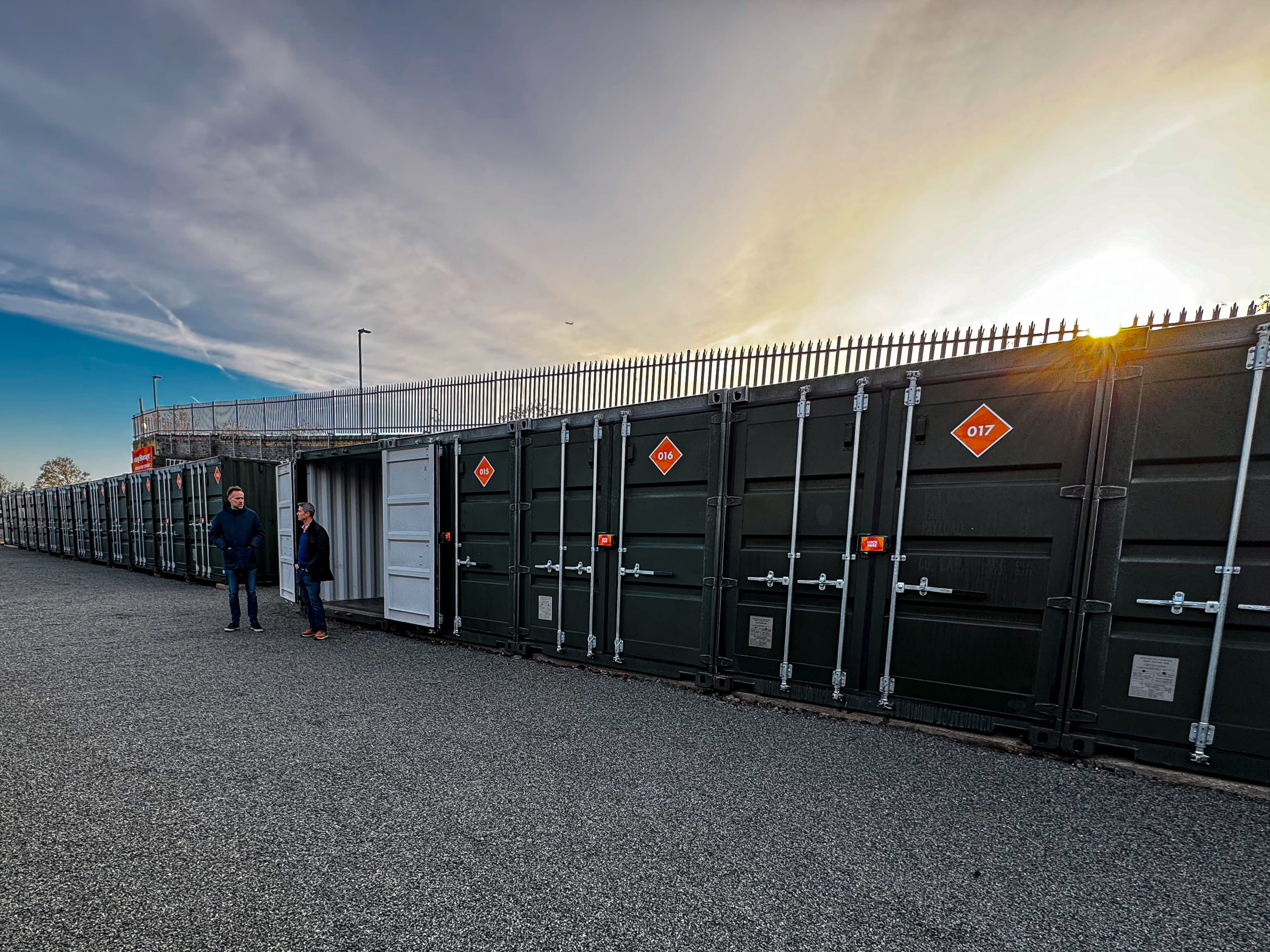Ten Hacks to Babyproof Your Lounge/Living Room
Tiny babies are great. You know where they are, and they generally stay where you’ve put them unless someone else has picked them up for a snuggle.
But they generally start to get mobile at between 6 and 12 months on average. And once they start crawling, rolling or shuffling on their bottoms, they are on their way to pulling up, sofa surfing and generally making their way towards walking.
And with mobility comes the need for babyproofing – and the sooner the better, as some things take time to sort out.
1. Get onto your hands and knees
Take a look at the world from baby’s perspective. Whatever is at eye level will be interesting, from the cat’s litter tray and food bowl to electrical plug sockets. Now you have a clearer idea what you may be dealing with and can deal with potential hazards.
2. Alarms: Carbon monoxide and smoke
Carbon monoxide is a silent killer. If you don’t already have a carbon monoxide alarm, now’s the time to do it. Urgently.
Properly installed, properly maintained smoke alarms reduce fire deaths and injuries. Smoke spreads fast – and it’s silent, sneaky, and deadly. It kills more people than flames in fires. A smoke alarm may just give you time to evacuate you all.
3. Table edges and corners
Tables often have right angled corners, just at the right height to hit a baby’s head – especially coffee tables. Cover sharp edges corners with bumpers or safety padding. It may not look beautiful, but neither do bumps or cuts on heads. It is only temporary: this phase passes fast.
4. Drawers, doors and cupboards
To our little ‘rugrats’ looking for something to help them stand up, any kind of door or cupboard is ideal.
The trouble is that they can unbalance furniture, and doors, draws and hinges can trap/close sharply on little fingers.
Try latches to stop unwanted opening.
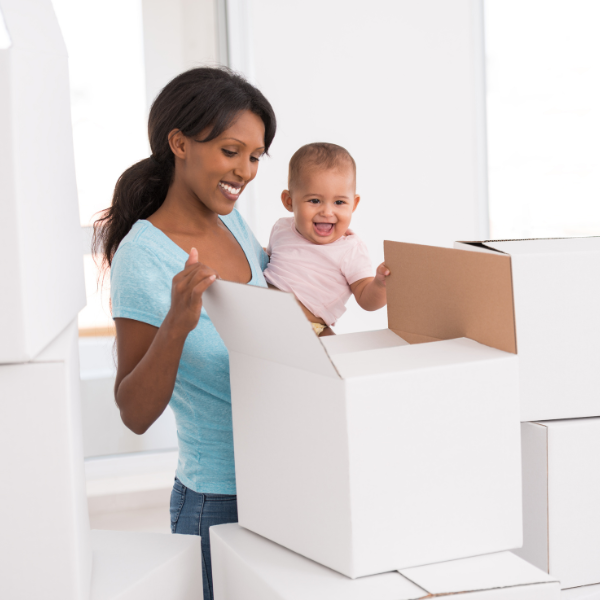
5. That furniture…
Having just mentioned furniture, if something is light enough to tip when pulled or leant on, consider weighting it, fixing it to the wall, or putting it out of the way/into storage until little one is no longer at risk of pulling it over.
Secure heavy furniture, paintings and televisions to walls to prevent them from falling.
Check sofas etc for fire retardant fabrics.
Position furniture so that baby can’t climb up to open windows or window ledges from where they can fall.
And block little ones’ access to any fireplaces, floor heaters or radiators. *Remember that fireguards can get hot!*
6. Rugs and carpets
Apart from obvious things like harbouring germs and muck if not kept clean, carpets and rugs can become trip hazards, for adults carrying babies and for novice walkers/crawlers alike. The simple solution is non-slip pads underneath or double-sided rug tape.
7. Electrical outlets
Between 2000 and 2017, the number of deaths where the underlying cause was exposure to electric current has been a maximum of one per year, and in the majority of years none at all. (Census 2021)
However, no-one wants that to change for the worse! Babies and toddlers should never be left unattended and allowed to ‘play’ with socket outlets.
Electric outlets are put at an out of sight height for adults, but for tiny people they are in perfect line of sight, and irresistible to little fingers exploring new Worlds.
Despite this, socket covers for use around young children often create, rather than prevent hazards. As they are unregulated, they vary in size and shape, and rarely fit sockets correctly.
Electrical outlets’ existing safety measures include protective shutters, which can be damaged by these covers. The covers can also come loose or be removed by children, with a risk of electrocution. The covers can also damage the socket, creating a risk of overheating and fire.
The British 13 Amp plug and socket is considered the safest in the world. Originally introduced in 1947, British Standard 1363 has been protecting our children ever since. UK law requires all sockets sold to conform to the BS 1363 standard, ensuring your child's safety. Making sure yours conform is probably the biggest safety measure you can take. Sockets are made to accept plugs which also meet very exact requirements - and under British law, plugs must be certified as meeting requirements. Nothing failing to meet those requirements should ever be put in a socket.
BEAMA is the UK trade association for manufacturers and providers of energy infrastructure technologies and systems. In 2017, they issued a statement: “BEAMA strongly advises against the use of socket-outlet ‘protective’ covers. The British Standard for 13 Amp socket-outlets (BS 1363-2) and 13 Amp adaptors (BS 1363-3) mandates that these products incorporate safety shutters. The use of ‘protective’ covers can introduce a danger of electric shock and fire by overcoming the safety features designed into the socket outlets and adaptors.”
Consider instead outlet boxes, that are harder to get into, self-closing sockets, or creating a physical barrier with a piece of furniture.
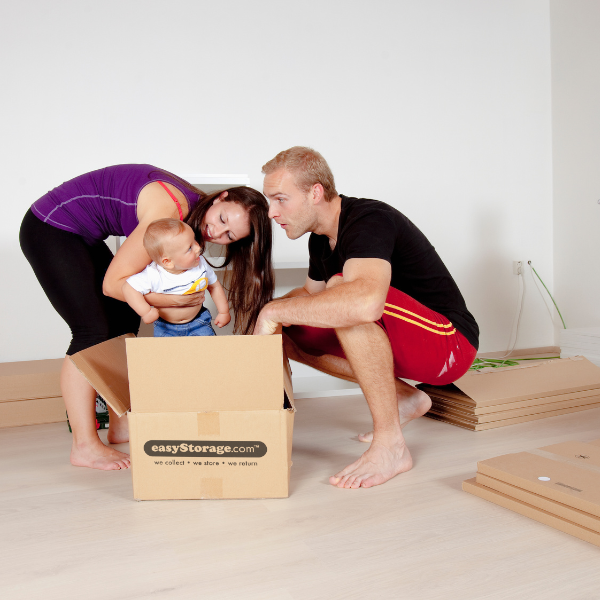
8. Electrical cords
Long cords are attached to something which can hurt if pulled onto a child’s head. Try to secrete all electric cords behind furniture.
Turn off extension sockets when not in use, and unplug charging wires (which can end up in mouths.)
And as baby gets older, avoid plugging and unplugging cords when young children are watching, and avoid putting fun, appealing or colourful objects near electrical outlets.
9. Breakables, Chewables and Things that can fall
Vases. Picture frames. Ornaments. Ashtrays. Raise all fragile things and breakables out of reach - which will almost always be higher than you believe.
Plants too should be kept out of reach – and if a flower or berry is poisonous, do you really want to risk having it around?
Anything small, however innocuous looking, can really appeal to a baby, especially a teething one. They are finding out about the World through all of their senses, including taste. Make sure that all small things are up and out of the way. Apply the ‘toilet roll test’. If something is small enough to fit inside a toilet roll, it’s small enough to be a choke hazard. Which means it's important to keep watch whilst they play with their toys too, some might have been gifts but are more suitable in a few months- so why not put them in storage?
Meanwhile, consider that your baby may also be a budding mountaineer. Shelves look climbable – make sure they’re solidly fixed and won’t topple. Similarly, don’t pile stacks of books, magazines or other items on top of another.
Even boxes and bags can easily topple and fall.
Often overlooked are standard lamps. Their bases are good at keeping them steady, but rarely strong enough to support a passing toddler. If they can’t be secured behind a furniture barrier, it may be better to move them out until this baby phase passes.
A good declutter, maybe putting things temporarily into storage, may help reduce risk.
10. Windows
Windows are somehow irresistible.
Blinds have cords to pull on, which may result in a blind zooming down onto babies head, or, worse, crashing off its fixings. Avoid this by anchoring chords out of reach. (Avoid doing this with ‘unstable’ materials such as tape or glue, which can easily come undone with a bit of pressure.)
Curtains are a little trickier. Babies swinging on curtains can bring the whole lot crashing down, pelmet first. If you can stick to shorter curtains, even temporarily, these are less likely to be swung on.
Check that fabrics for any window coverings are fire retardant.
Consider also installing window guards. A window guard will usually prevent the window from opening up any more than four inches.
There is, however, no replacement for vigilance, of course.
.png)
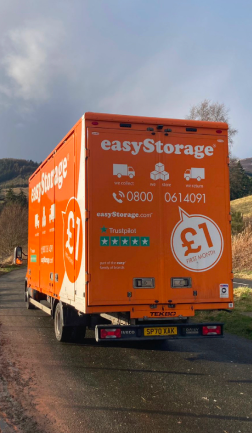
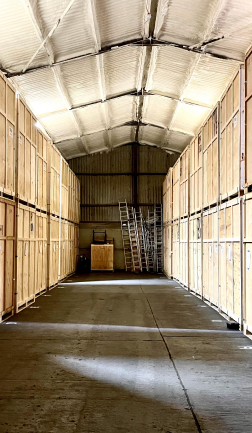
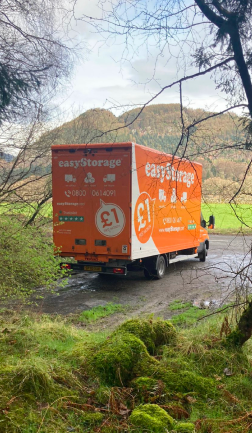
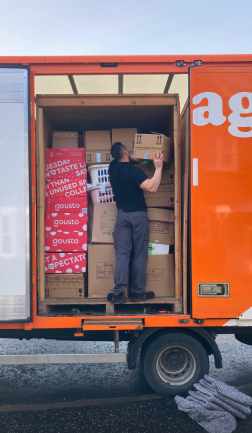
.png)


